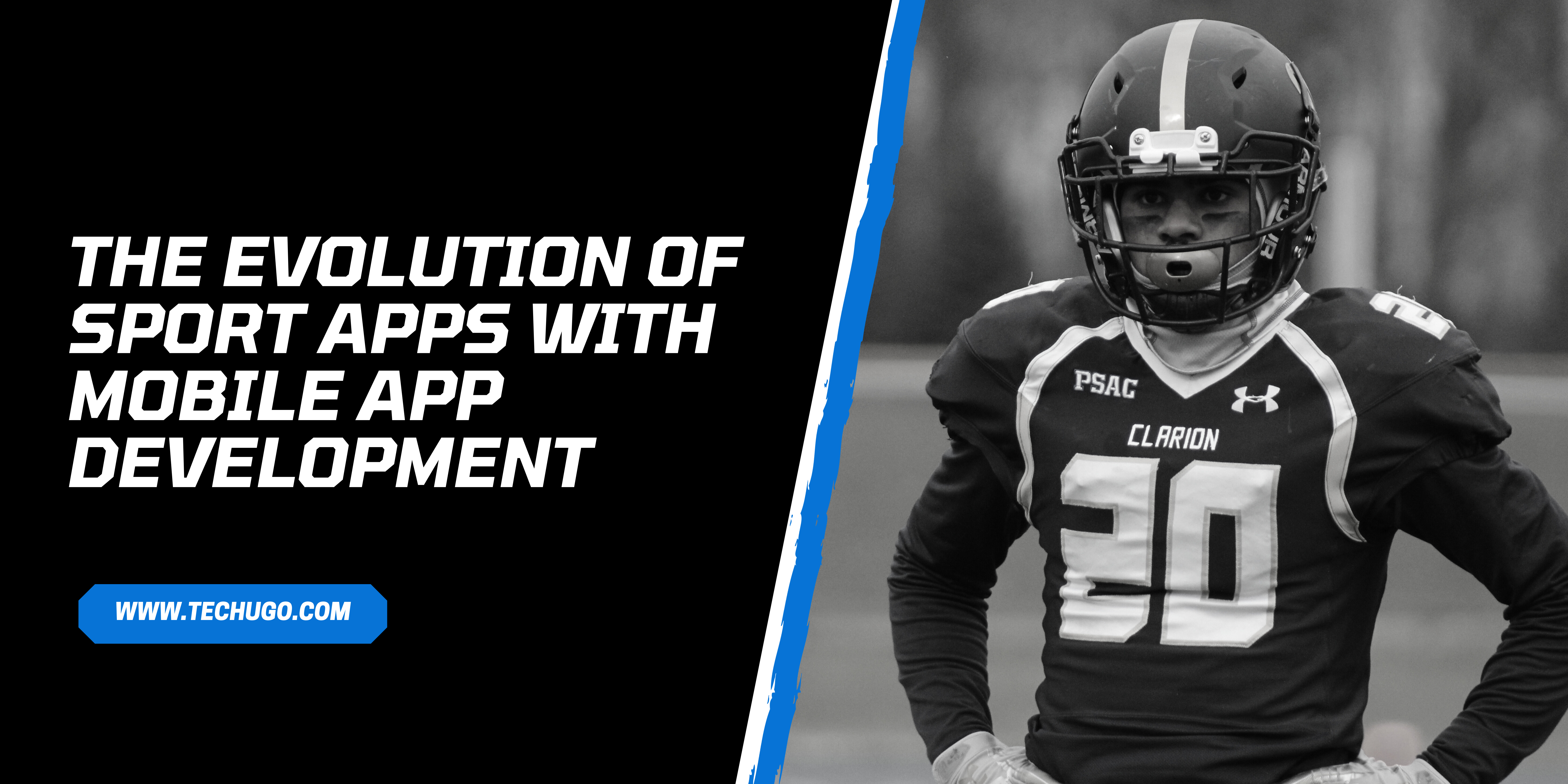Mobile app development in sports has witnessed a remarkable metamorphosis, primarily thanks to the infusion of Artificial Intelligence (AI) and Machine Learning (ML) technologies. These revolutionary advancements have redefined how sports enthusiasts engage with their favorite games. In this blog, we’ll delve into the profound impact of AI and ML on sports apps and explore the indispensable features that can elevate sports apps with the support of a mobile app development company in Australia, making them more engaging and user-centric.
AI and ML Transcend the Sports App Sphere
Artificial Intelligence (AI) and Machine Learning (ML) have ushered in a new era in the development of sports apps, transcending the ordinary and expanding the possibilities for sports enthusiasts, athletes, coaches, and even armchair fans under the guidance of a sports app development company.
- Real-Time Analytics and Insights: AI and ML empower sports apps to deliver real-time analytics and insights into games and athletes’ performance. Users gain access to comprehensive statistics, live scores, and predictive analysis, thereby enriching their understanding of the sports they love.
- Personalized Recommendations: AI algorithms delve into user preferences and past interactions with the app, enabling them to make personalized recommendations. Whether it’s suggesting favorite teams, star players, or upcoming matches, this feature ensures a tailored and engaging experience for sports enthusiasts.
- Injury Prevention: Machine Learning algorithms take on the role of sports physiologists. They analyze athlete movements, detecting patterns that might lead to injuries. Sports apps embedded with ML can provide users with preventive advice and fitness regimens, effectively minimizing the risk of injuries.
- Enhanced Game Streaming: AI and ML play a pivotal role in enhancing the quality of live game streaming. These technologies adapt video quality in real time, ensuring a seamless viewing experience even under varying internet conditions.
- Advanced Fan Engagement: AI-powered chatbots and virtual assistants are redefining fan engagement. They interact with fans in real-time, responding to queries, delivering game updates, and even generating playful banter. This level of engagement keeps users closely connected to the app and their favorite sports.
Crucial Features for Sports App Success
Creating a successful sports app that caters to a wide-ranging user base entails integrating essential features that resonate with the audience.
- Live Updates and Scores: Users expect real-time score updates as a standard feature. The app should offer live scores, play-by-play commentary, and other relevant game statistics.
- Video Highlights: Give users video highlights of pivotal moments during games, allowing them to relive the excitement. Implement AI-generated descriptions for quick and intuitive access to the most memorable moments.
- News and Analysis: Offer in-depth news coverage and in-game analysis from reputable sources. Implement AI-driven curation of articles based on user preferences and interaction history.
- Fantasy Sports Integration: The popularity of fantasy sports warrants a dedicated section within your sports app. Users should be able to create and manage fantasy teams, boosting engagement and the overall user experience.
- Personalized Profiles: Let users create personalized profiles, allowing them to highlight their favorite teams, star players, and sports of interest. AI can curate content that aligns with each user’s tastes.
- Predictive Analysis: Incorporate AI-driven predictive analysis for upcoming games. Users should have access to odds, player performance predictions, and game outcome probabilities, enhancing their engagement and involvement.
- User Interaction: AI-driven chatbots can offer real-time interaction with users. These chatbots respond to queries, deliver game updates, and can even facilitate social interactions among fans, fostering a sense of community within the app.
- Virtual Coach: Implement a feature that delivers personalized training plans, offers tips for injury prevention, and provides nutritional advice for athletes and fitness enthusiasts. This feature is a valuable resource for sports enthusiasts looking to improve their game.
- AR and VR Integration: Integrating Augmented Reality (AR) and Virtual Reality (VR) provides immersive experiences within the sports app. VR can simulate a stadium environment for users to enjoy. At the same time, AR can offer real-time player stats and data overlays during live games, elevating the user experience to a new level of engagement.
- Ticket Purchases: Enable users to purchase tickets for live sporting events directly through the app. AI can offer ticket recommendations based on user preferences and browsing history.
- Gamification: Gamify the app by introducing leaderboards, achievements, and user participation and engagement rewards. Gamification elements keep users motivated and returning to the app.
- Social Integration: Integrate social media sharing and connectivity features into the app. Users should be able to share their experiences, game highlights, and achievements on their social media platforms, thereby promoting the app and building a sports-centric online community.
- Offline Viewing: Allow users to download content, such as game highlights, for offline viewing. Implement AI to optimize downloads based on user preferences and viewing habits.
Conclusion
The convergence of AI and ML with sports apps is revolutionizing how fans and athletes interact with their favorite games. Real-time analytics, personalized recommendations, injury prevention features, advanced fan engagement, and enhanced game streaming capabilities are examples of how these technologies have elevated the user experience with the help of a mobile app development company in Australia. To create a successful sports app, offering live updates, video highlights, personalized profiles, predictive analysis, and fantasy sports integration is essential. Additional features such as gamification, AR/VR experiences, and social integration add to the app’s allure. By embracing these features and staying attuned to the latest trends, sports app developers can provide sports enthusiasts with a comprehensive and engaging experience. In the dynamic landscape of mobile app development, sports apps are a thrilling field ripe with potential, all driven by the transformative power of AI and ML.

